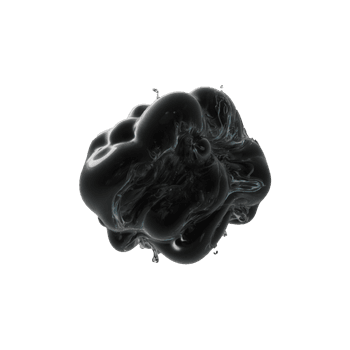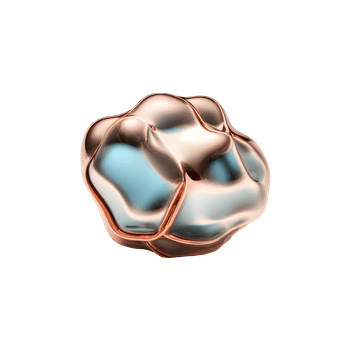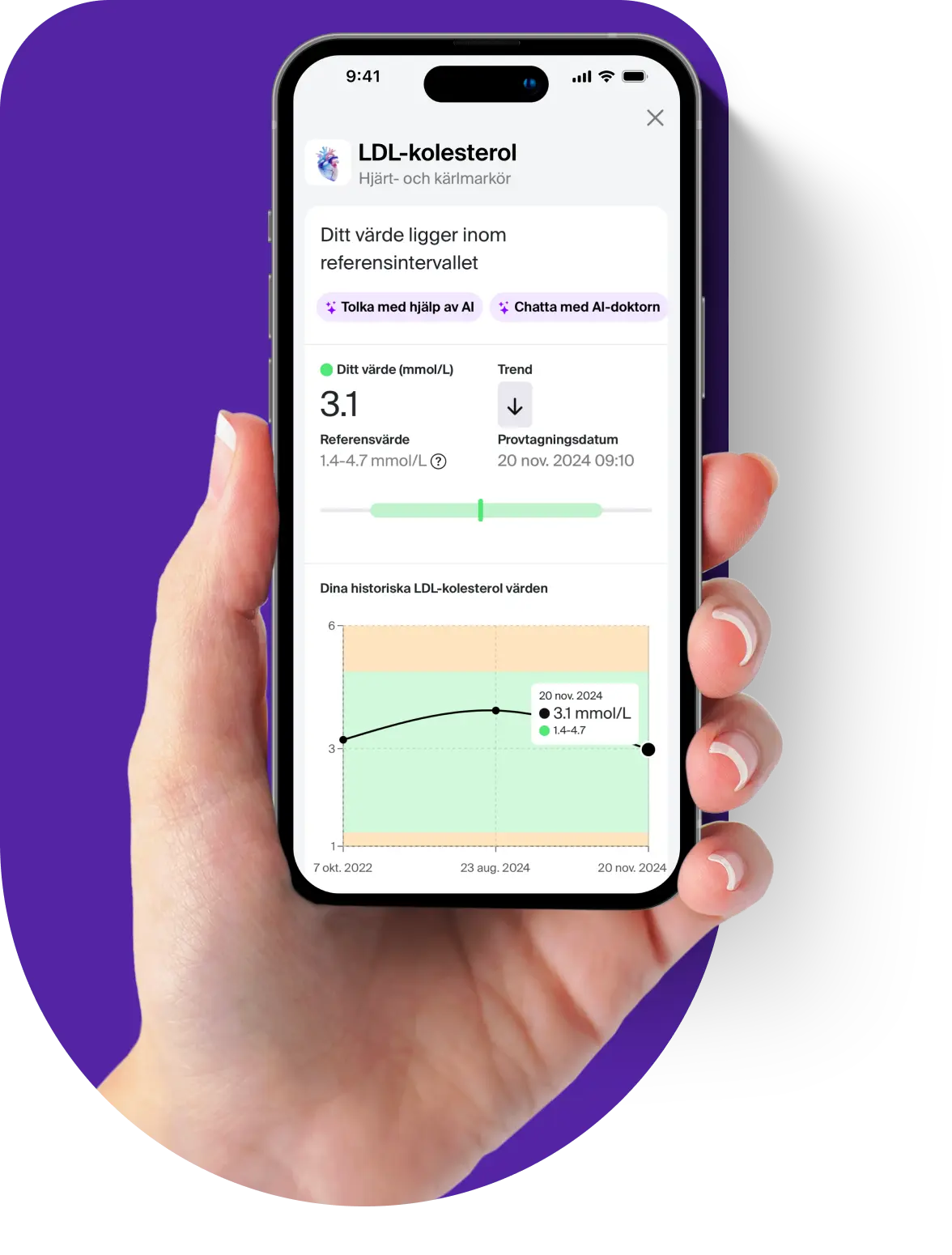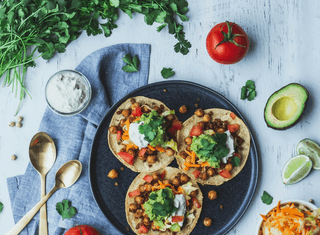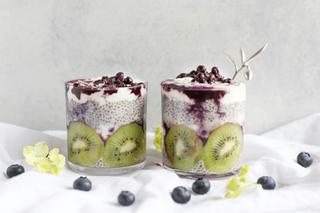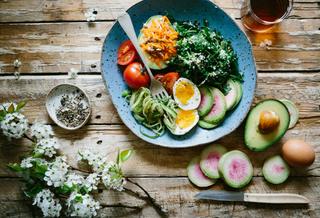The test gives you insight into your zinc value and detects any deficiency that may be the cause of lower testosterone production, skin changes, impaired wound healing and decreased appetite. Zinc is an important mineral for the body that is part of the majority of enzymes that in turn affect the turnover of carbohydrates, nucleic acids, proteins and vitamins. Zinc is also important for our immune system.
Low levels of zinc can result in skin changes, hair loss, reduced appetite, reduced immune system and possibly impaired wound healing. The risk of zinc deficiency increases above all with a vegetarian diet or a low-protein diet. The zinc test shows your zinc value and gives you the conditions to control and optimize your zinc intake.






















